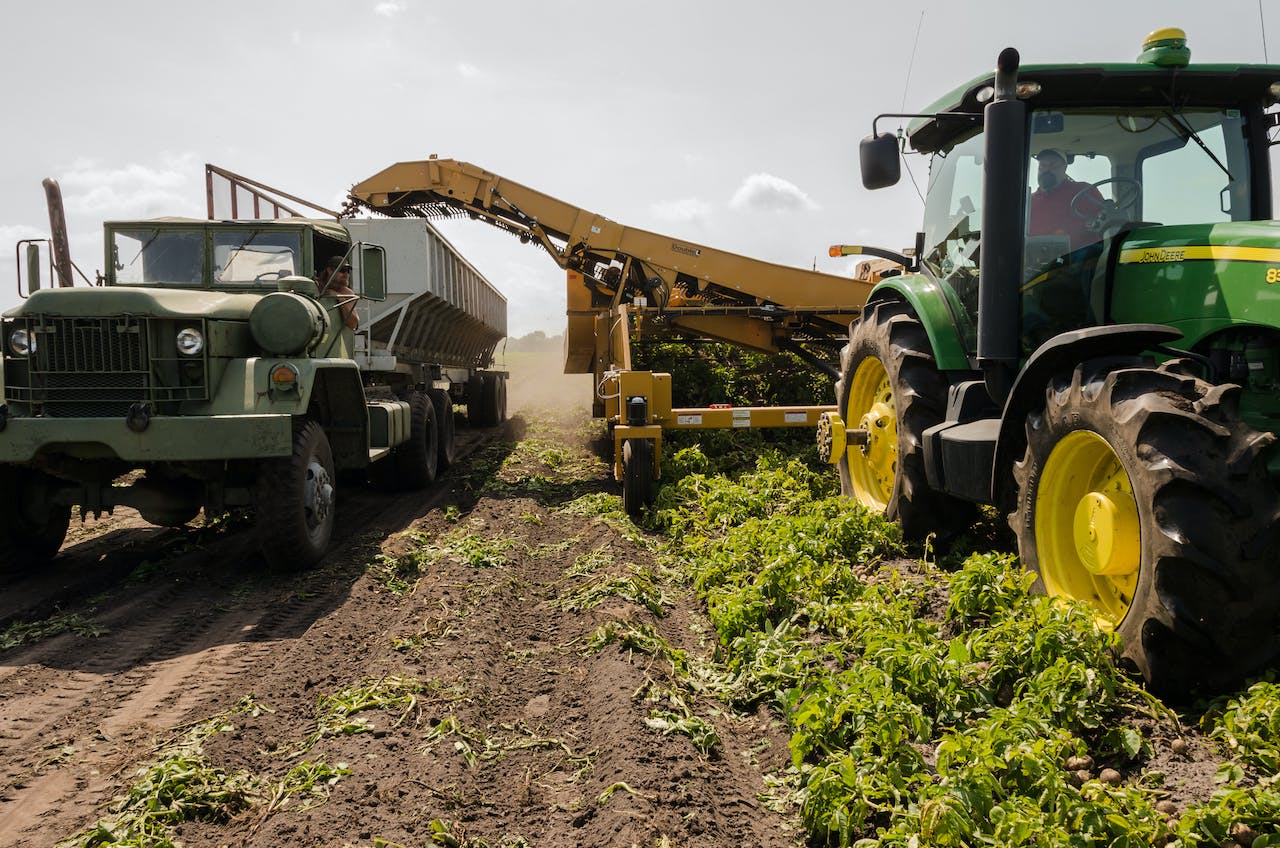In a groundbreaking move on the sidelines of the United Nations climate talks, an additional $9 billion in funding has been allocated to combat agriculture’s role in the climate crisis. The Agriculture Innovation Mission (AIM) for Climate, a collaborative endeavor spearheaded by the United States and the United Arab Emirates, unveiled this significant funding boost during COP28, marking its commitment to fostering innovation in global agriculture and food systems. This joint initiative made its debut at the climate talks in Glasgow two years ago and has now amassed a total investment of $17 billion.
With food systems contributing approximately one-third of the planet’s greenhouse gas emissions, the AIM for Climate initiative aims to address this critical aspect of climate change.
While negotiations at the Conference of the Parties (COP) have been challenging, particularly regarding fossil fuel reduction commitments, funding announcements for initiatives like AIM for Climate demonstrate a collective effort to tackle climate challenges on multiple fronts.
Unlike previous COP summits, COP28 has placed a unique emphasis on the agricultural sector, recognizing its integral role in achieving climate targets. During a press conference in Dubai on Friday, Mariam Almheiri, the UAE Minister for Climate and the Environment, underscored the importance of tackling agriculture’s role in the climate crisis, stating, “We would not be able to reach 1.5 degrees if we don’t fix our food and ag sector.”
The $9 billion funding injection is considered a positive start towards addressing agriculture’s role in the climate crisis, according to Mario Herrero, a professor of food systems and global change at Cornell University. However, Herrero stresses the importance of ongoing monitoring to ensure accountability and effectiveness. He cautions against “greenwashing,” highlighting the need for the projects to deliver on their promises.
Previous AIM for Climate projects have encompassed diverse initiatives, including the construction of a $500 million agri-processing plant in Nigeria, the restoration of degraded pasture land in Brazil, and research to reduce synthetic nitrogen. The newly funded projects cover a wide spectrum of areas, ranging from a $500 million action agenda on “regenerative agriculture” to innovations in food manufacturing, processing, animal feed, and fertilizer production.
Notably, some projects focus on middle- and low-income countries, where farmers often lack advanced technology to combat climate change effectively. While waste reduction is a common theme, none of the new projects explicitly target consumption reduction. Wealthier nations, known for higher consumption of emissions-intensive foods like meat and dairy, are indirectly addressed through this global initiative.
Herrero acknowledges the potential positive impact on low- and middle-income countries, emphasizing the importance of aiding their adaptation to climate change while concurrently mitigating emissions. As Herrero aptly concludes, “Now the hard work starts,” underscoring the necessity for sustained effort and vigilance in the pursuit of global climate goals.
In conclusion, the substantial funding injection announced at COP28 signifies a resolute commitment to addressing agriculture’s role in the climate crisis, highlighting the global community’s dedication to implementing innovative solutions and sustainable practices in this crucial sector.
Explore the TePORT: AI and Machine Learning Reshaping Agriculture Worldwide to learn about the impactful role that technology, particularly Artificial Intelligence and Machine Learning, is playing in transforming the agriculture sector, enhancing innovation, efficiency, and environmental sustainability.
Source: AP News



